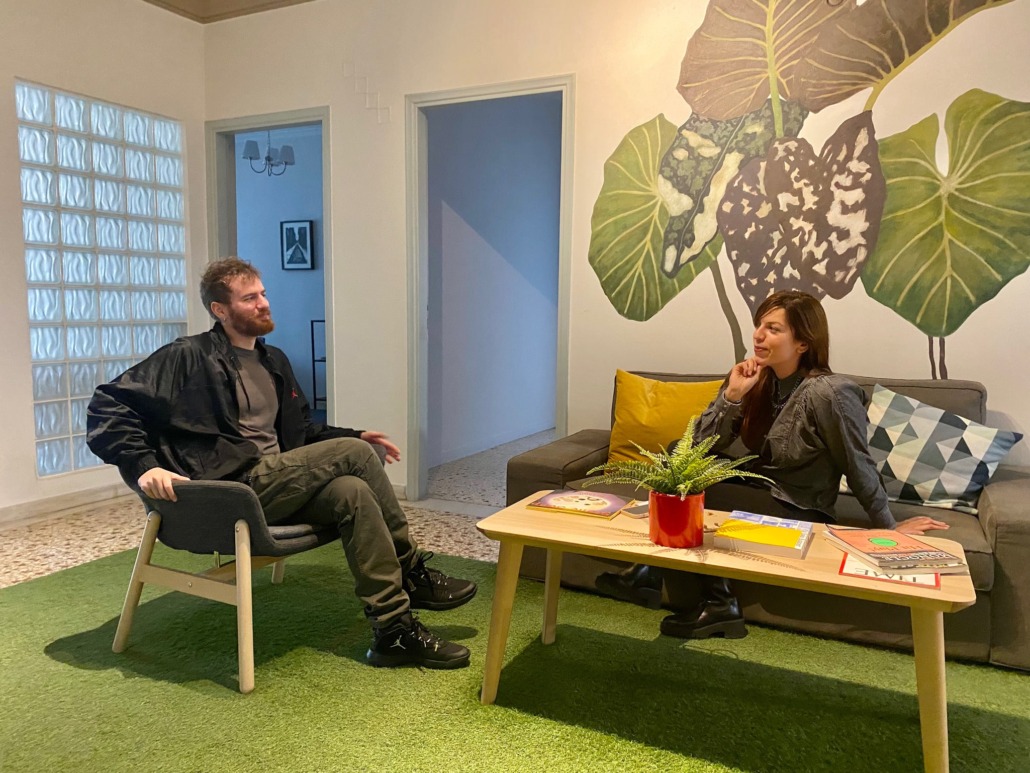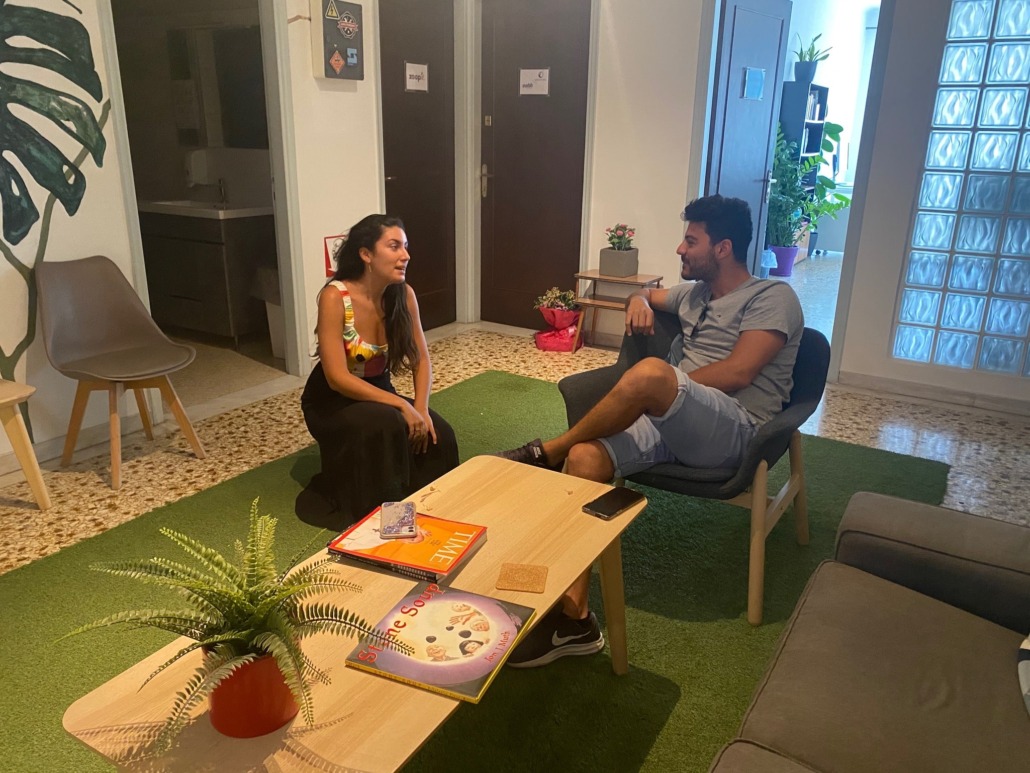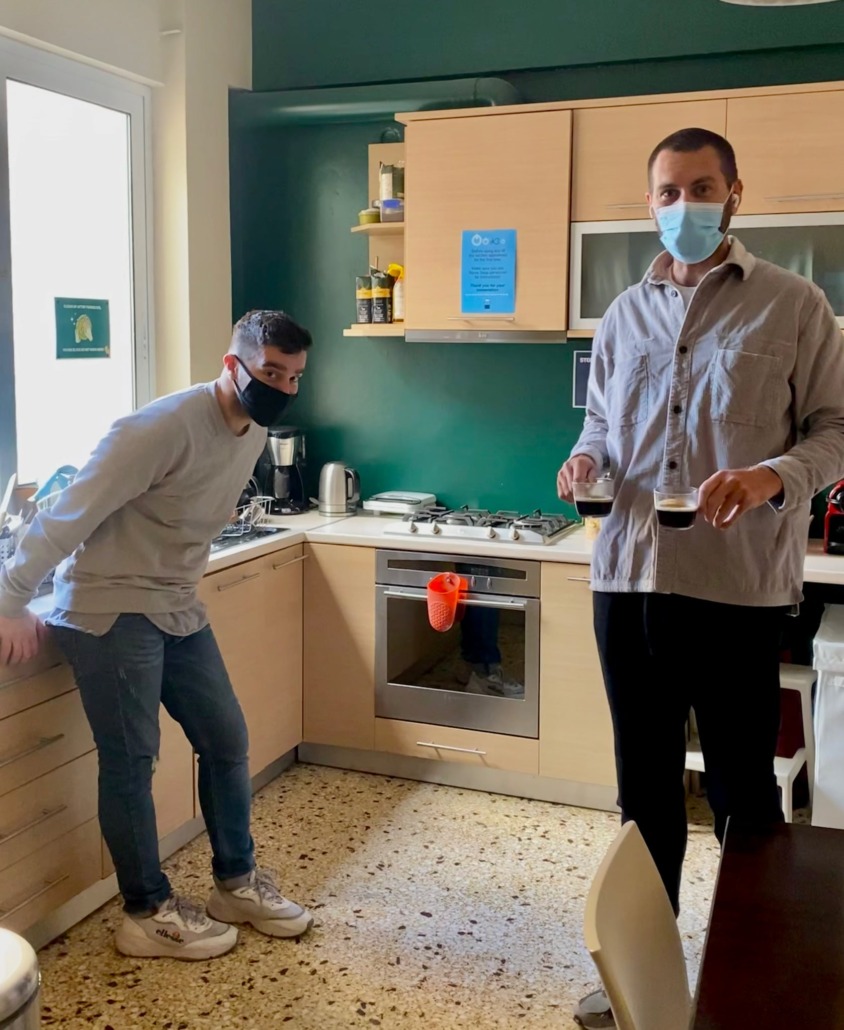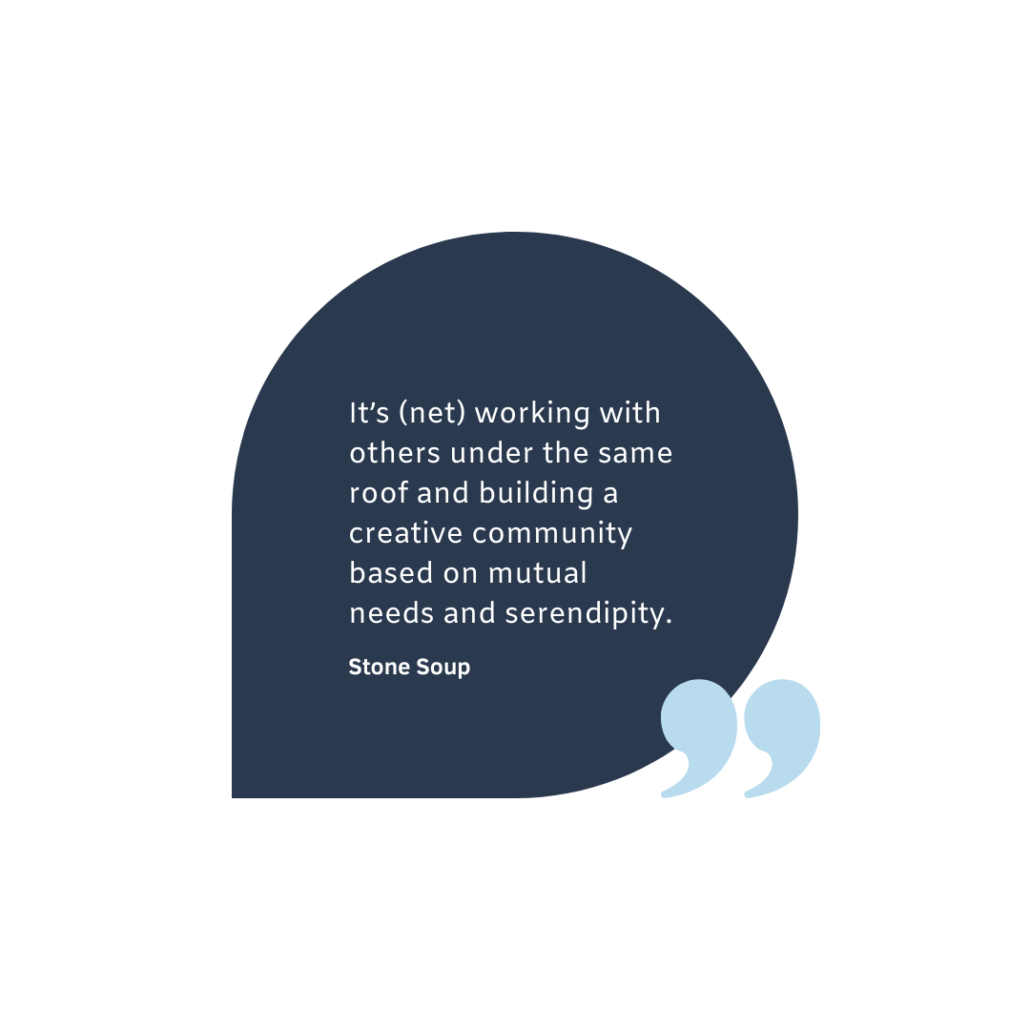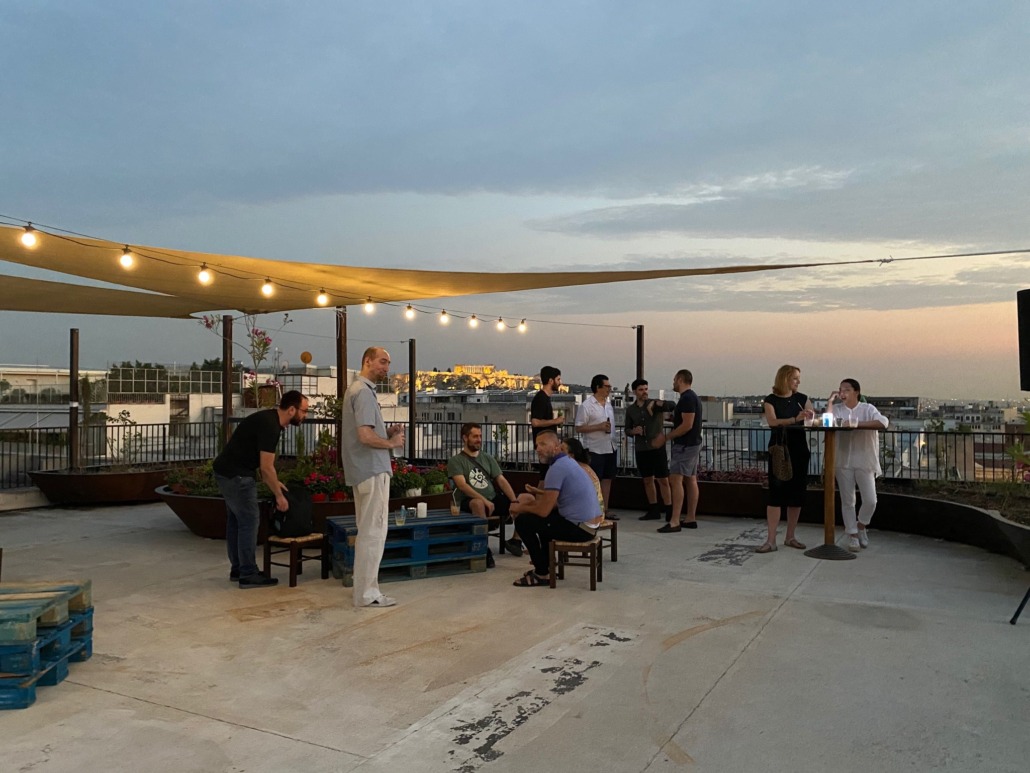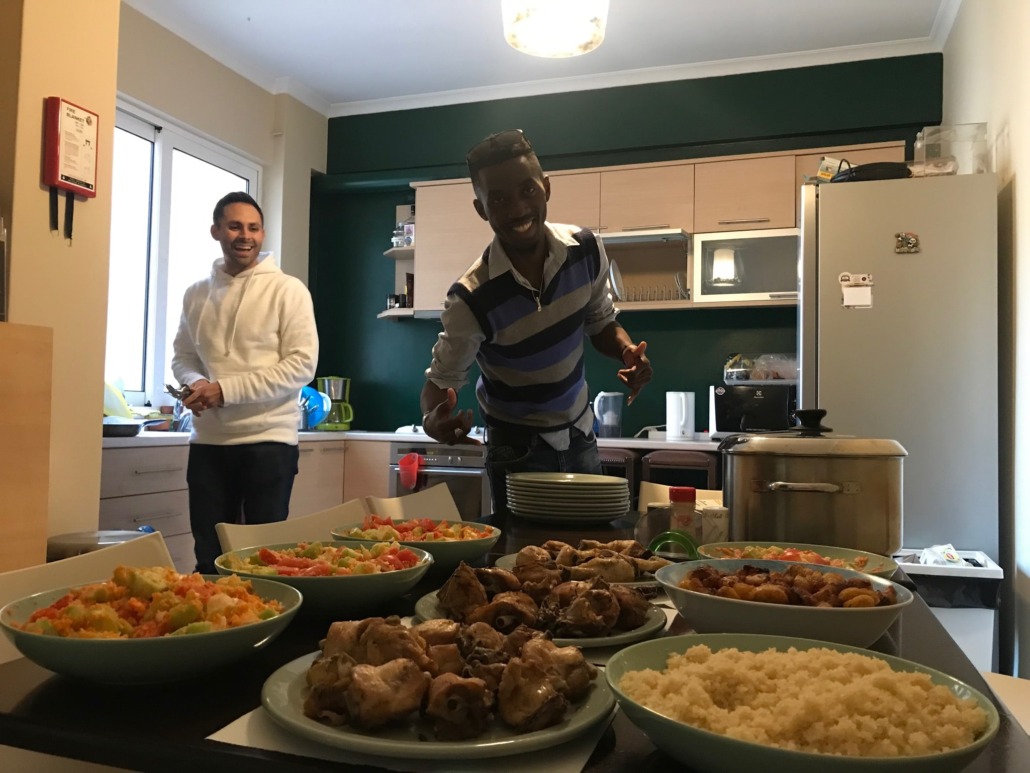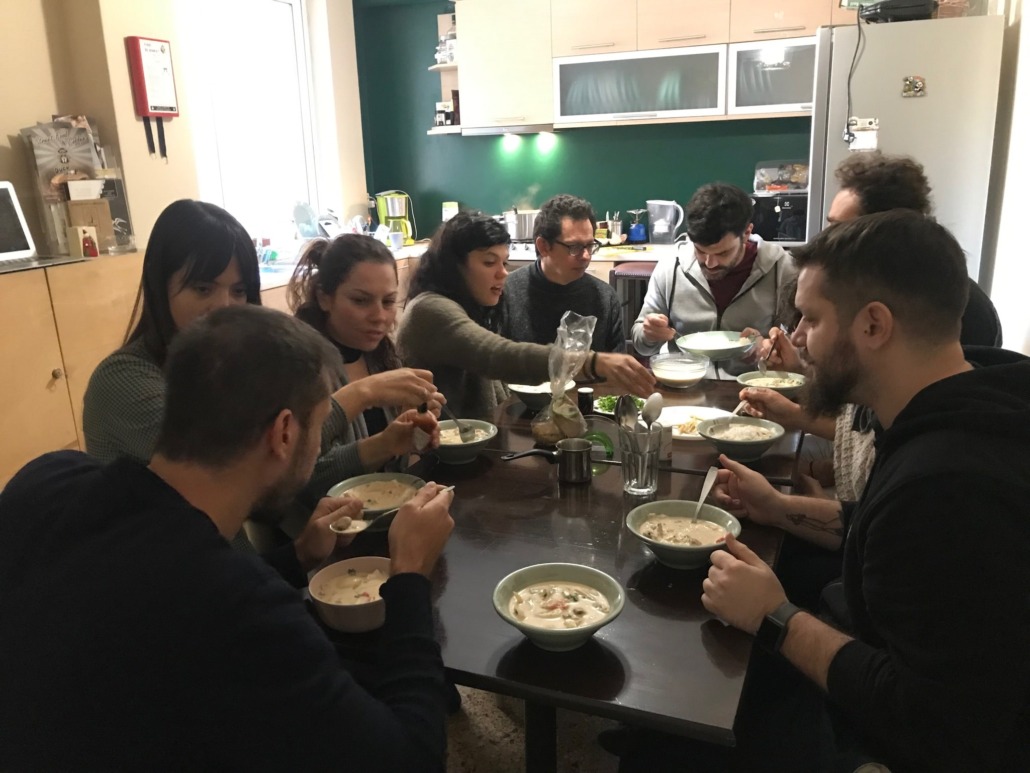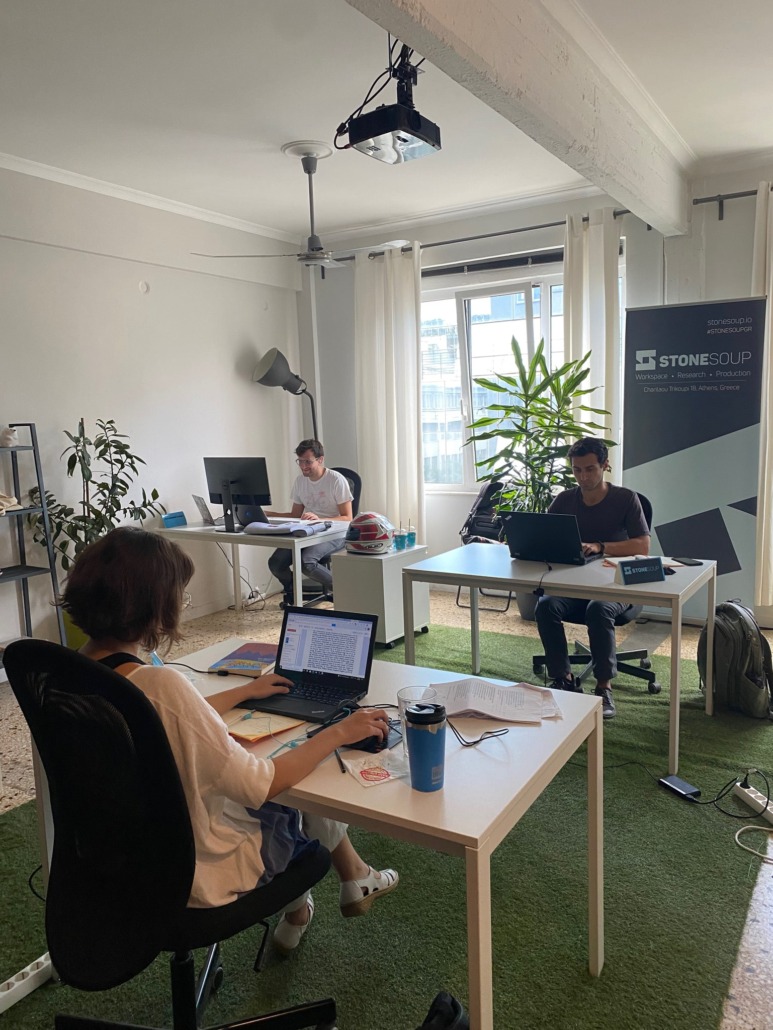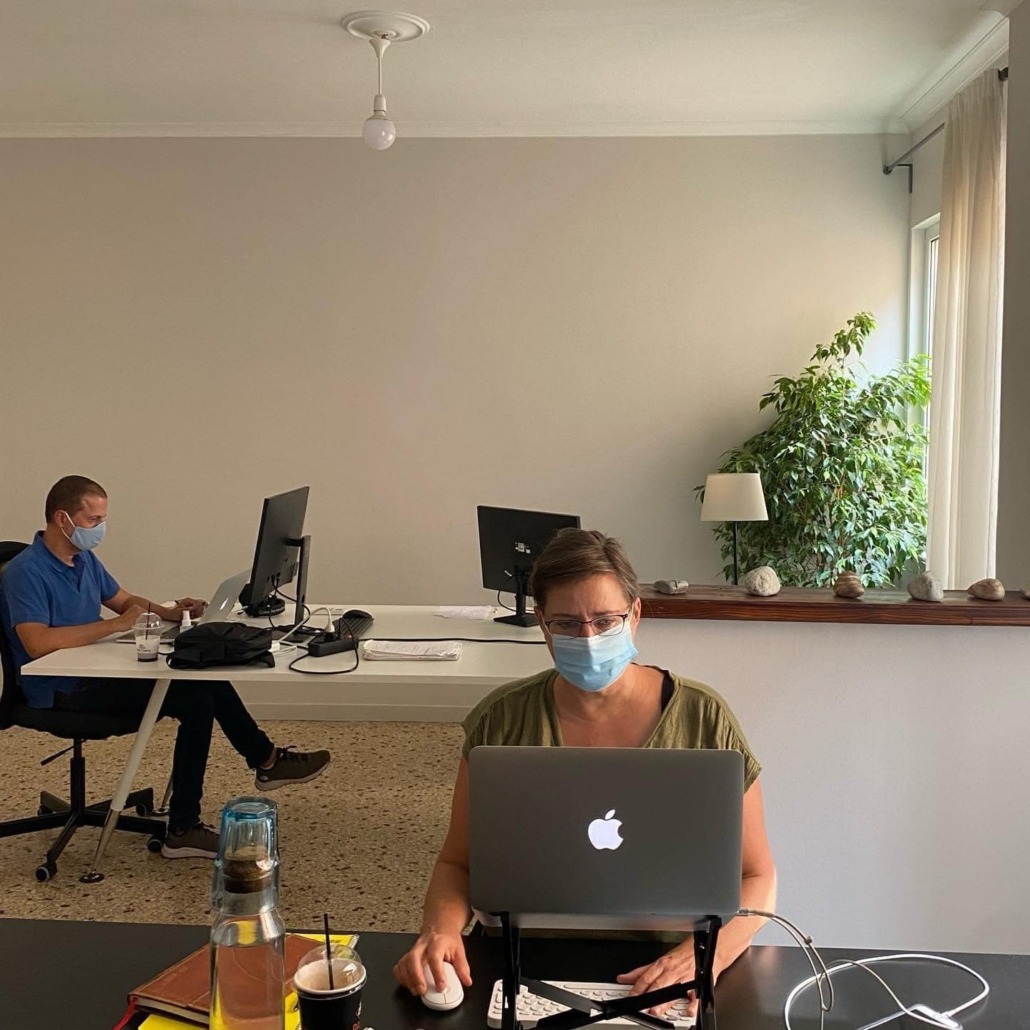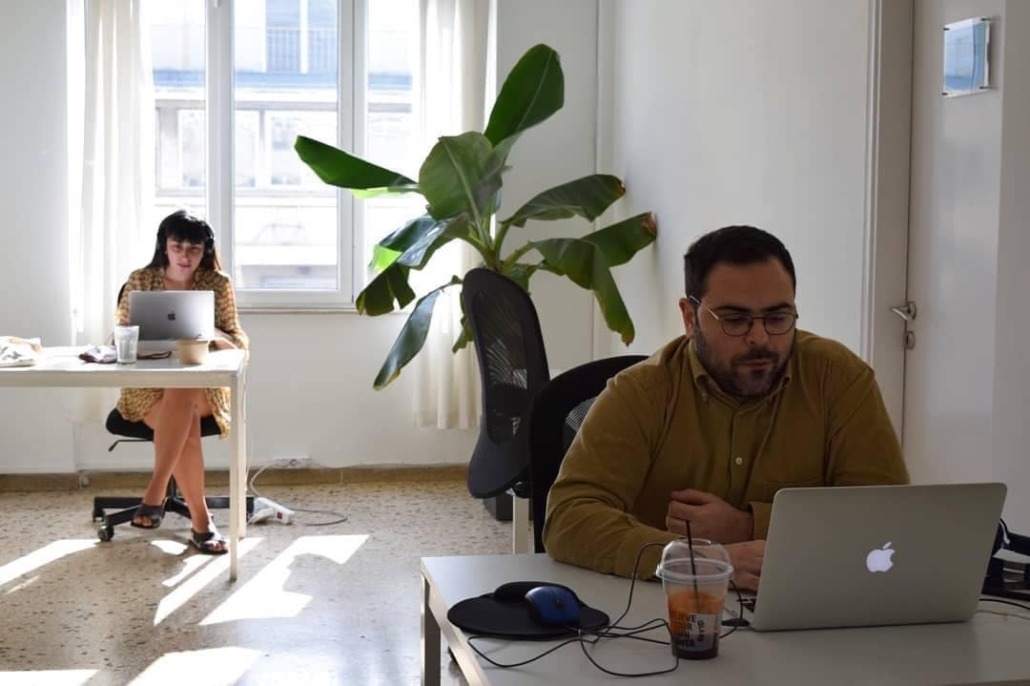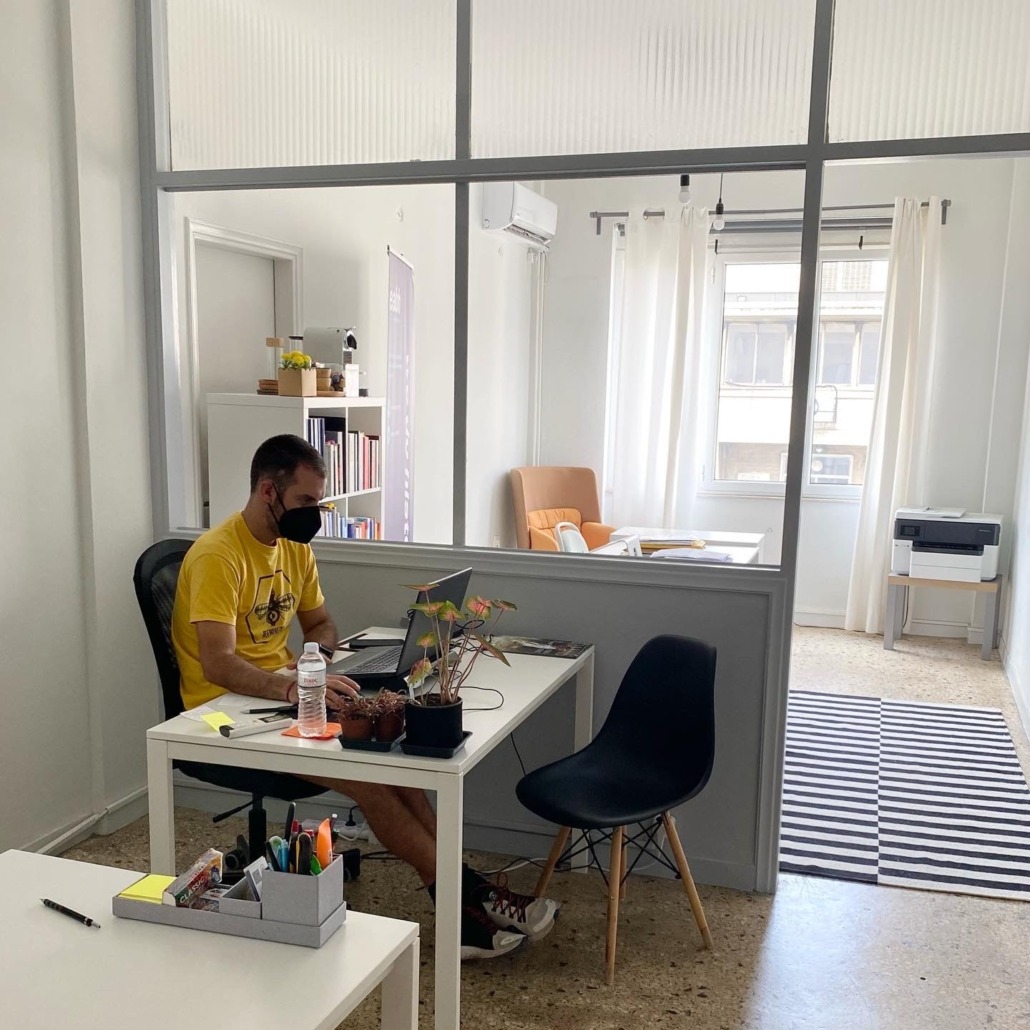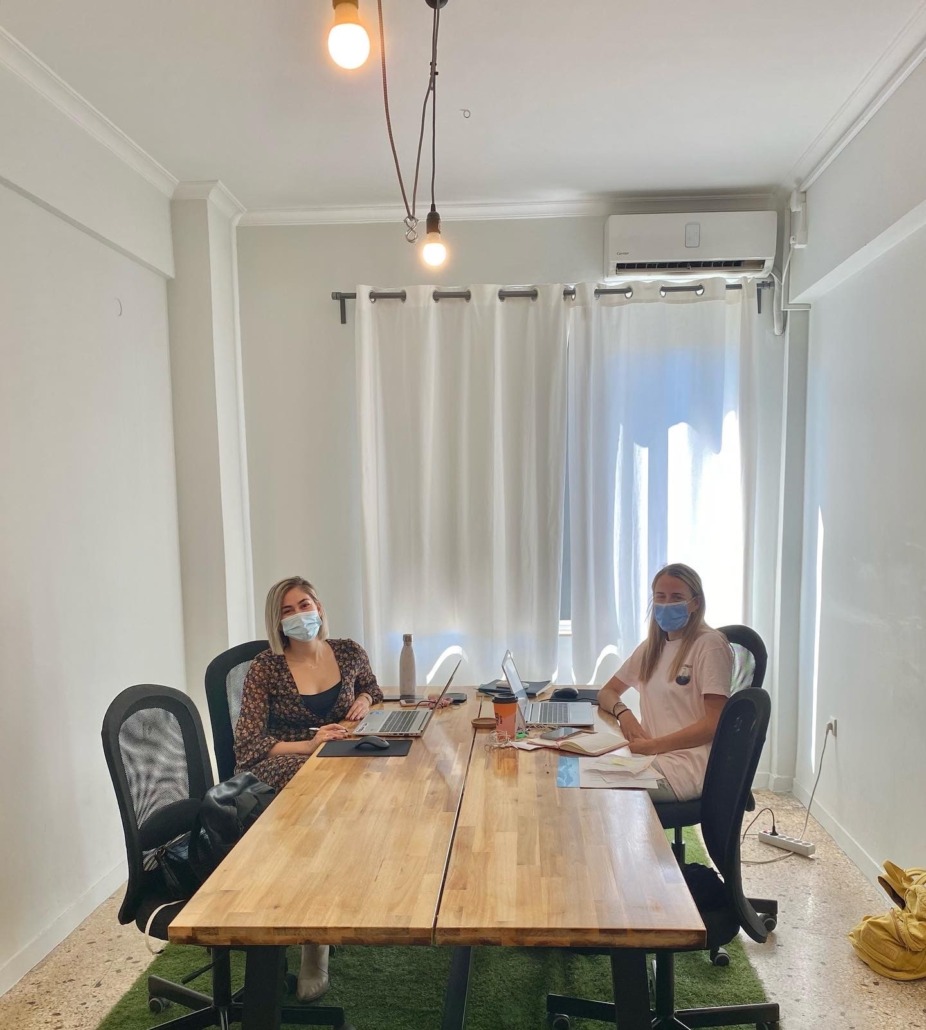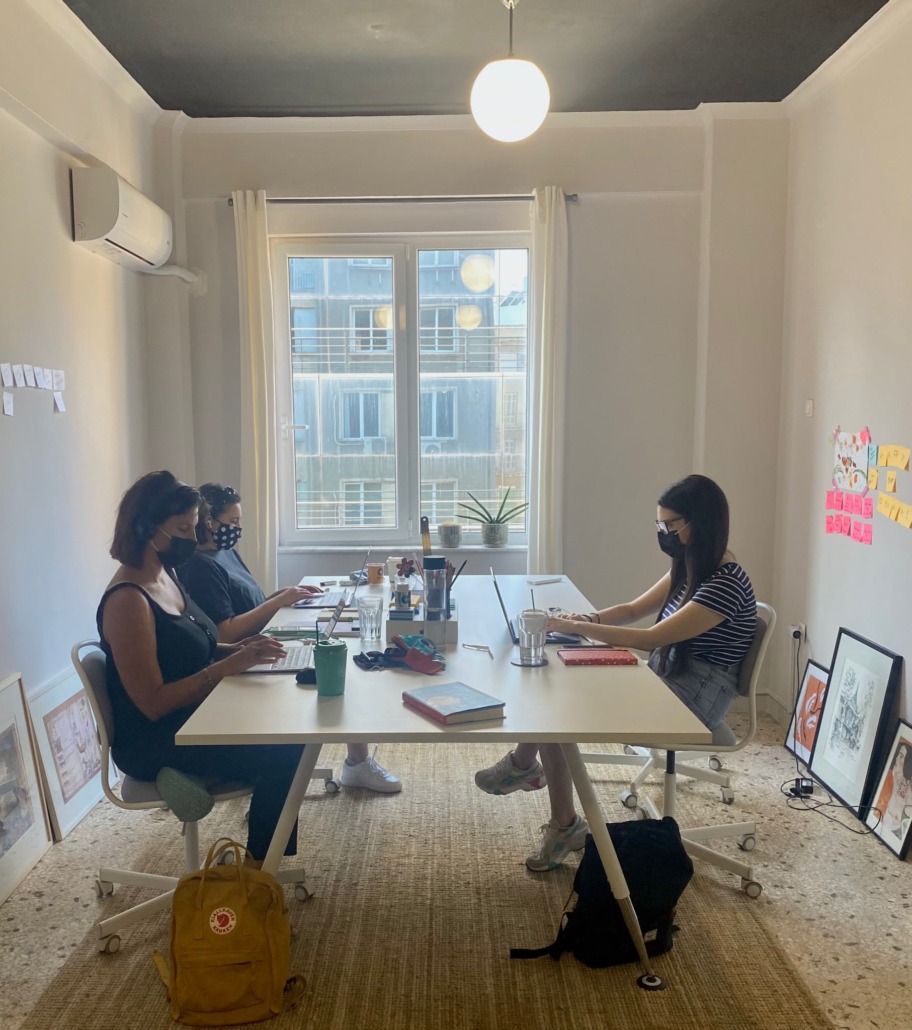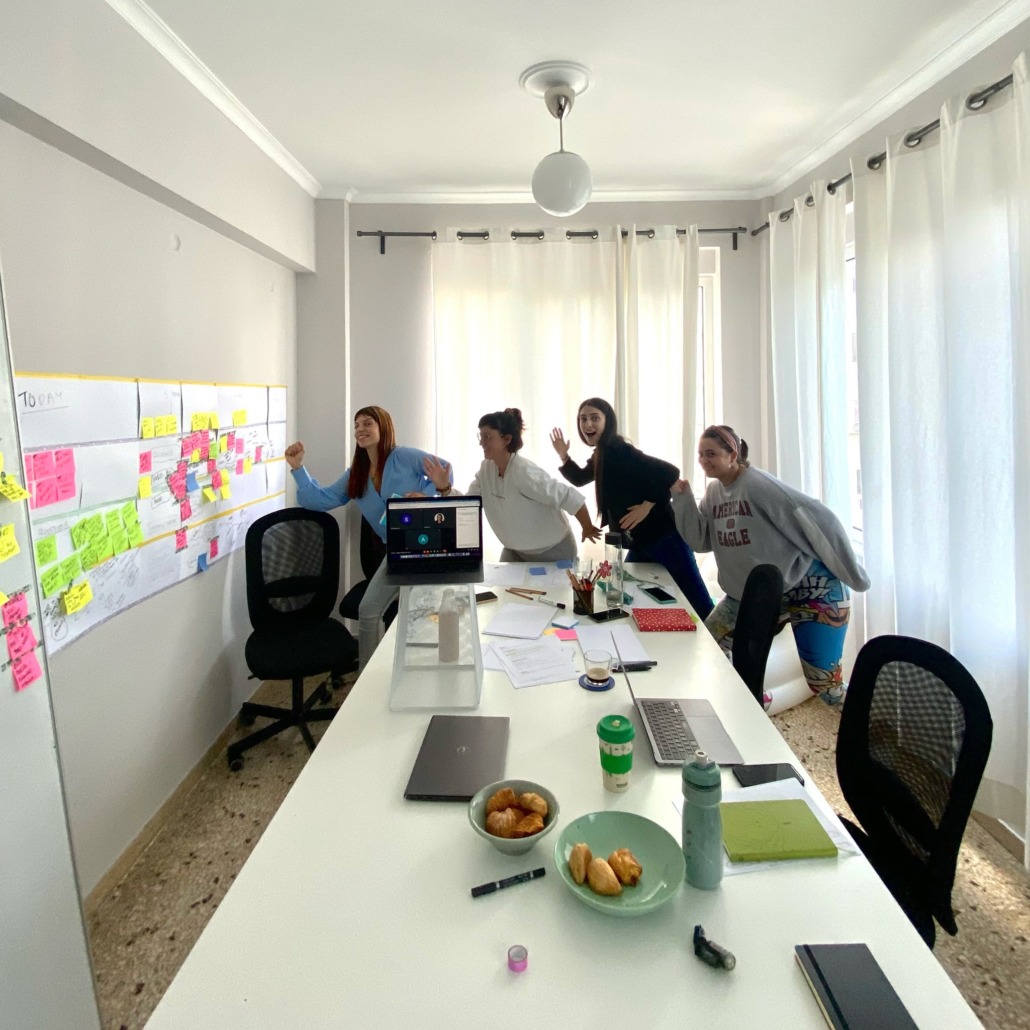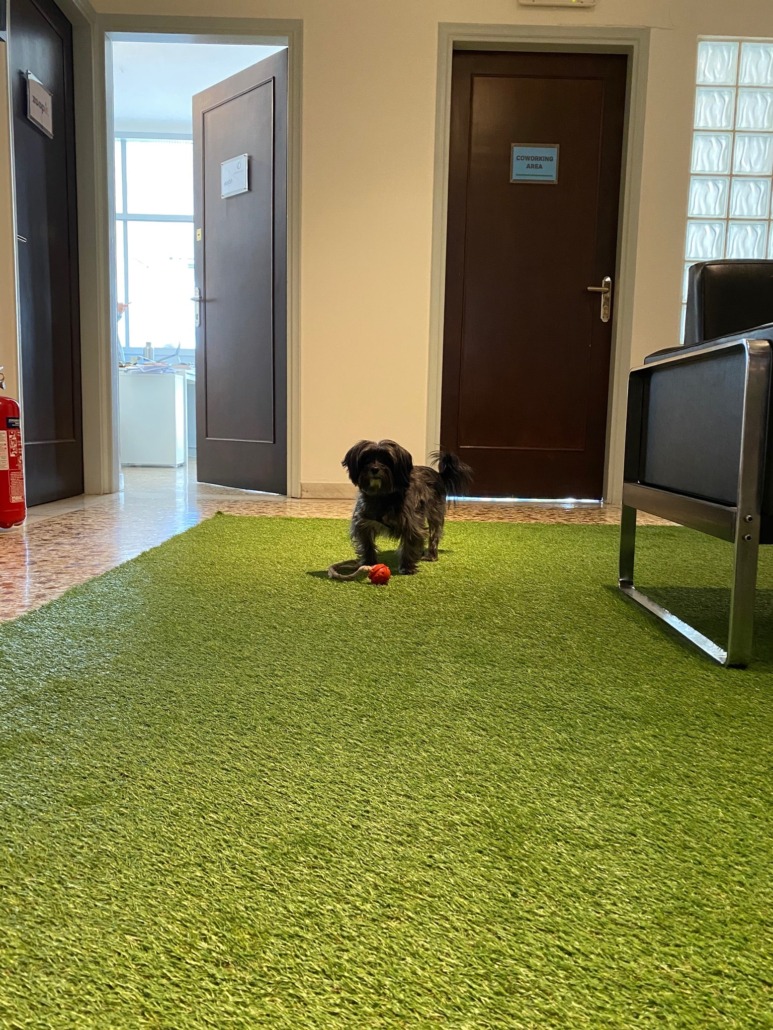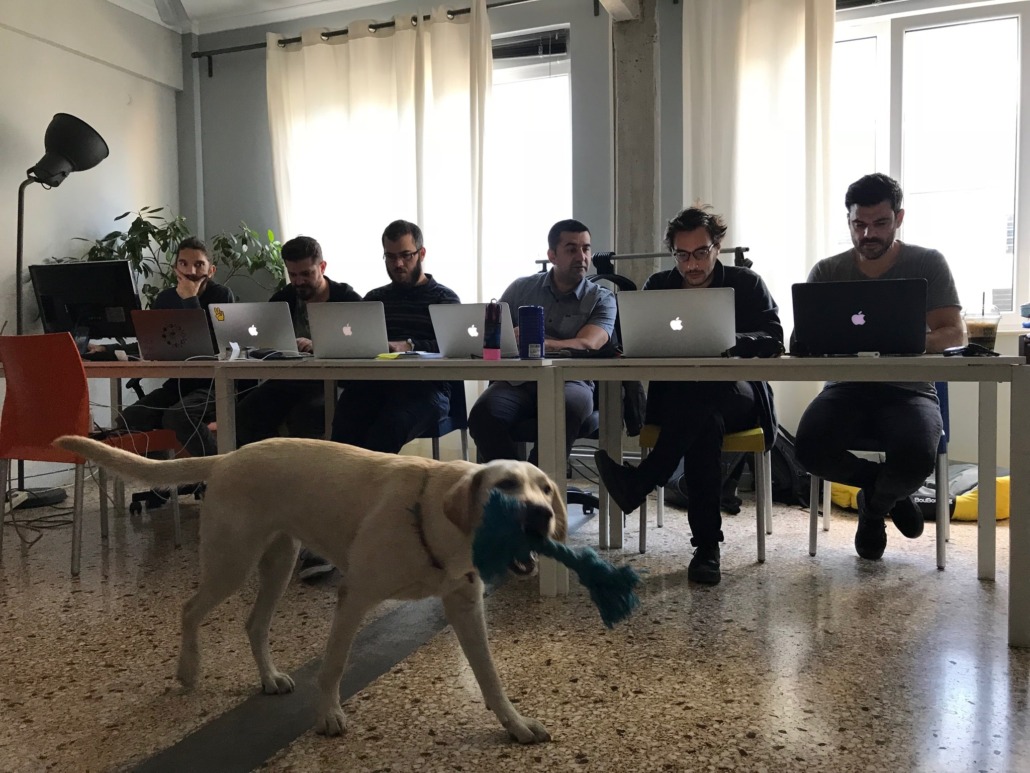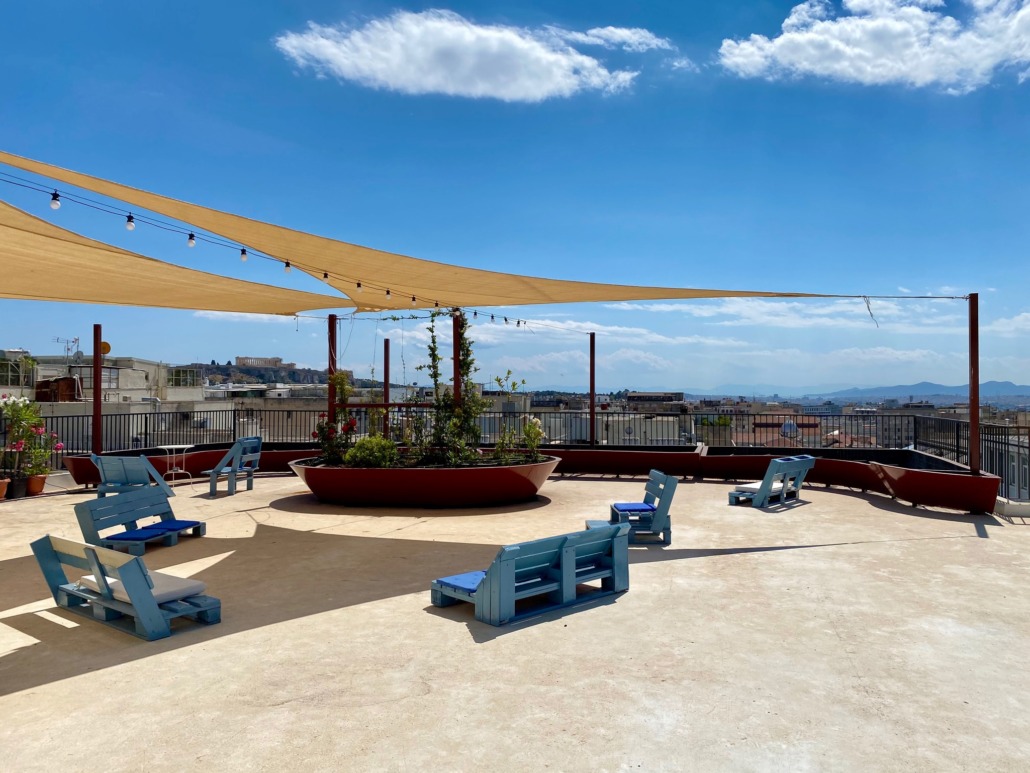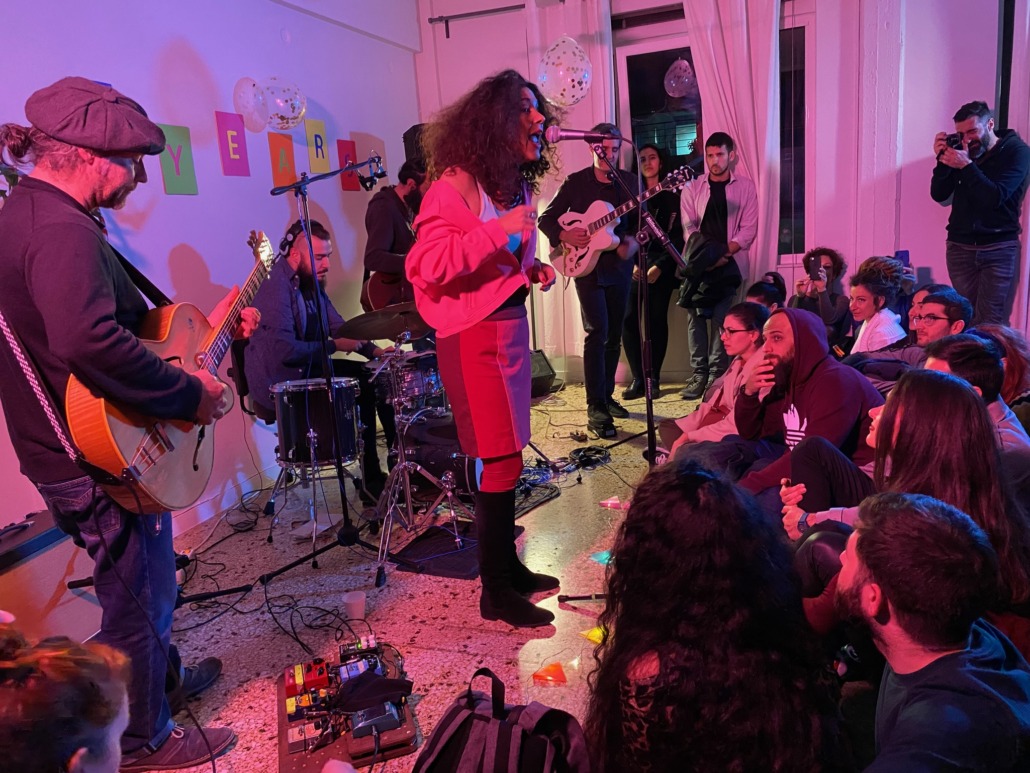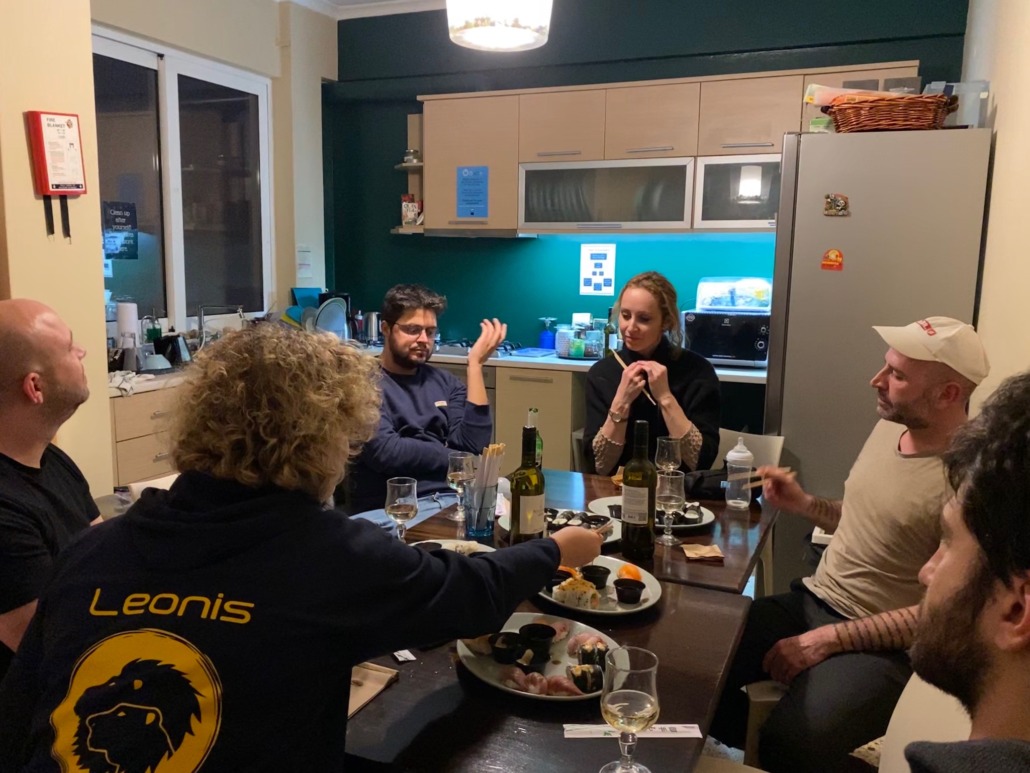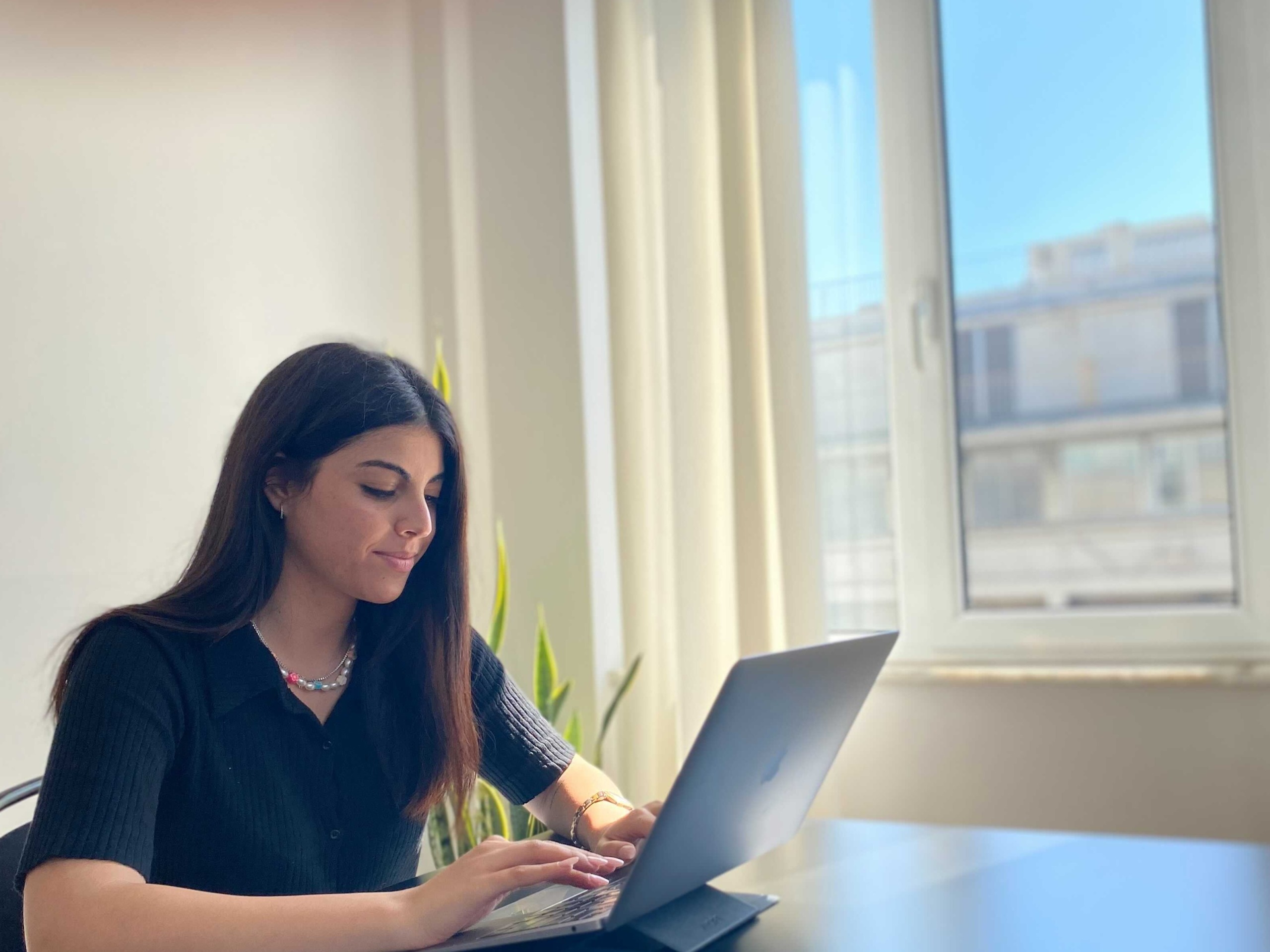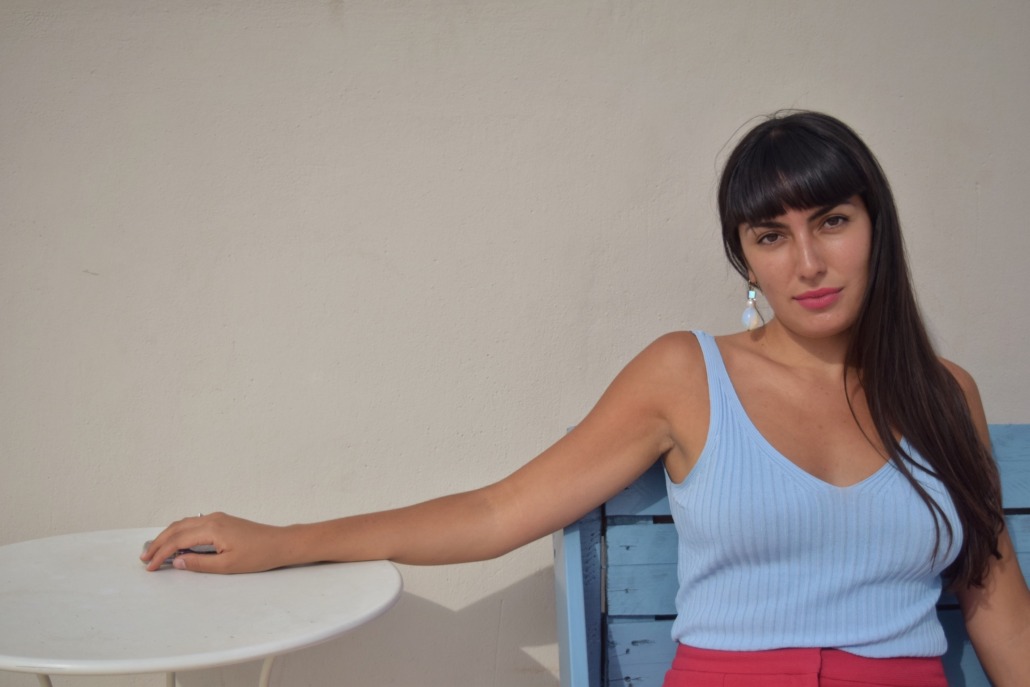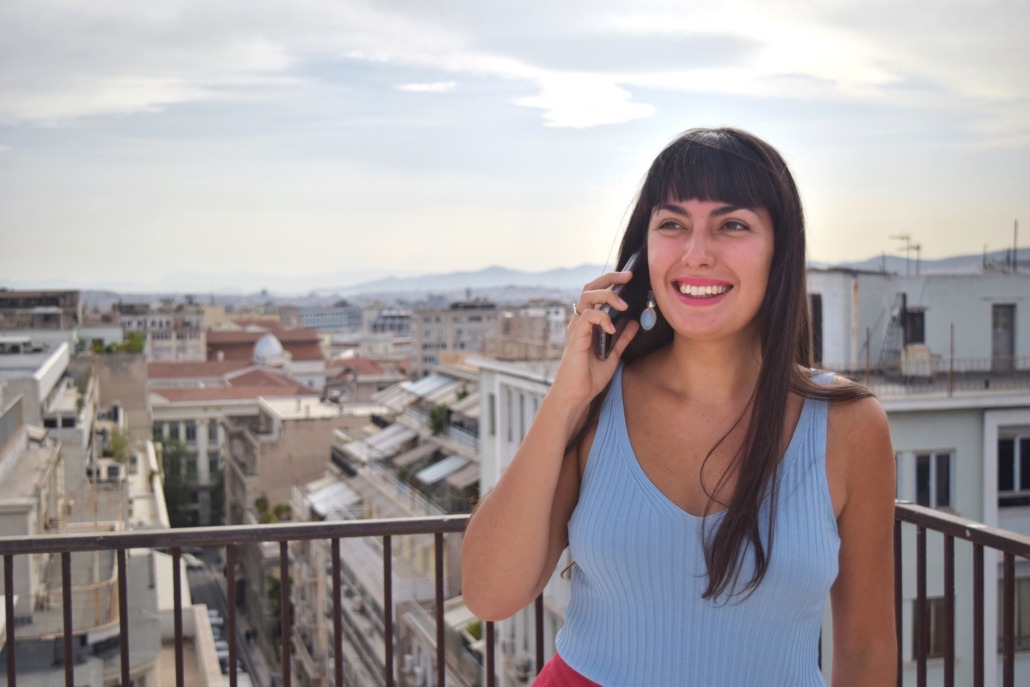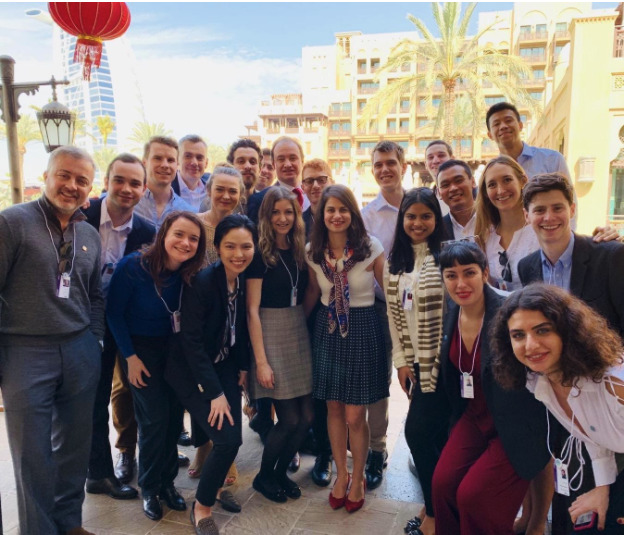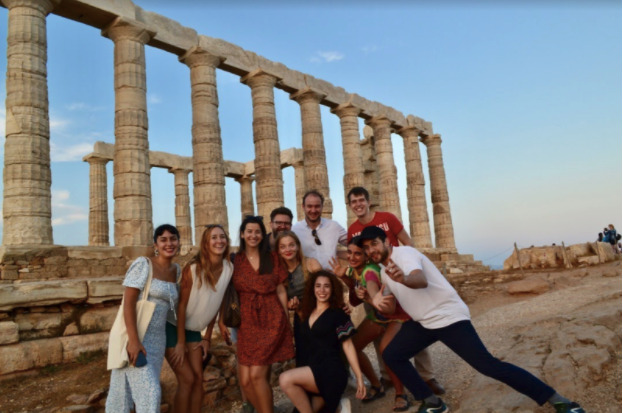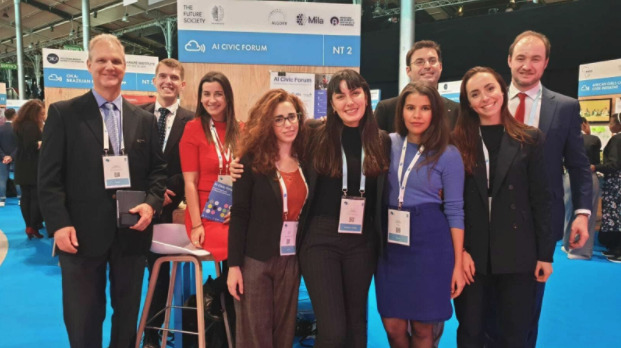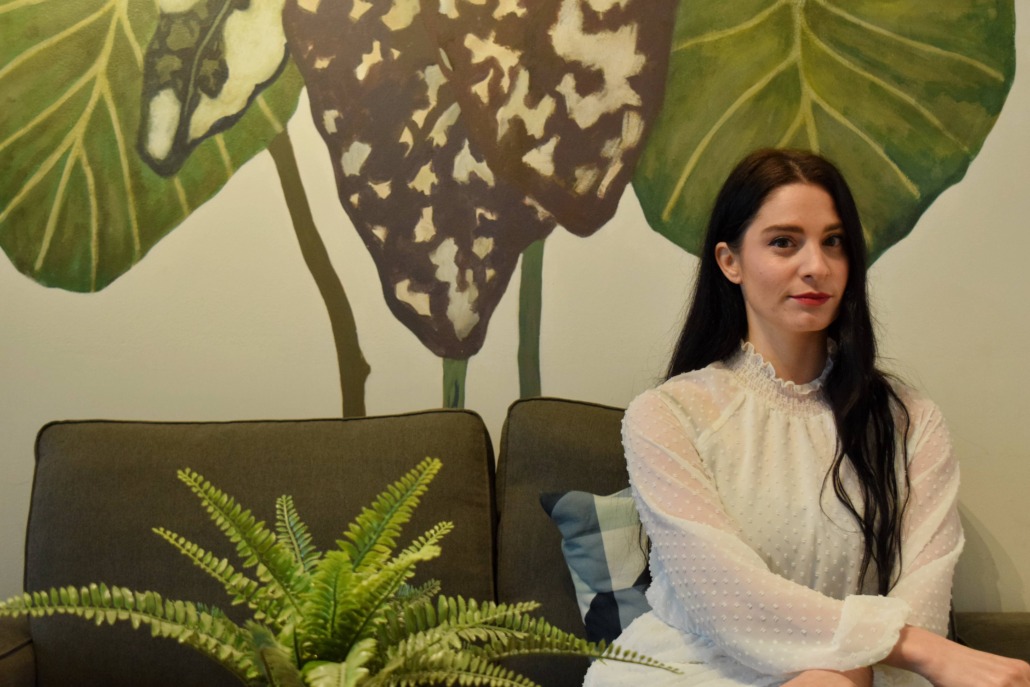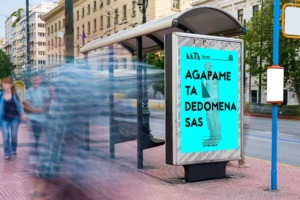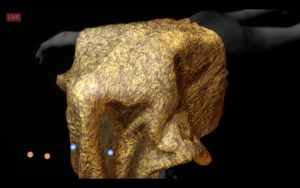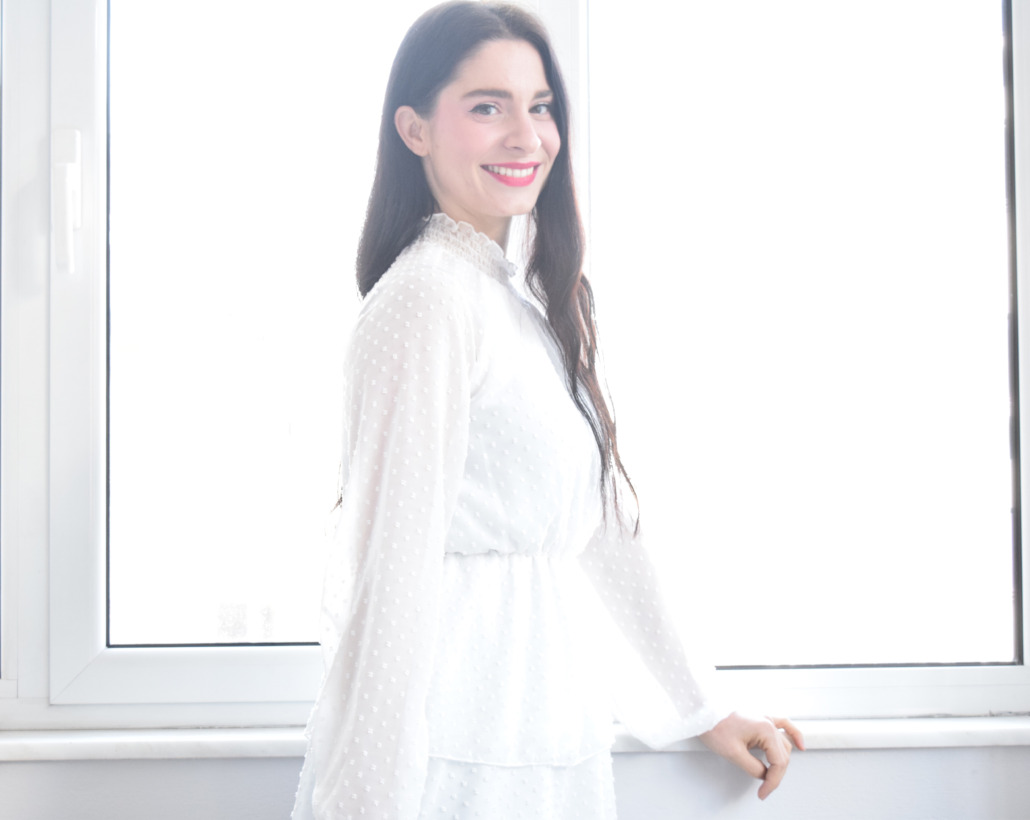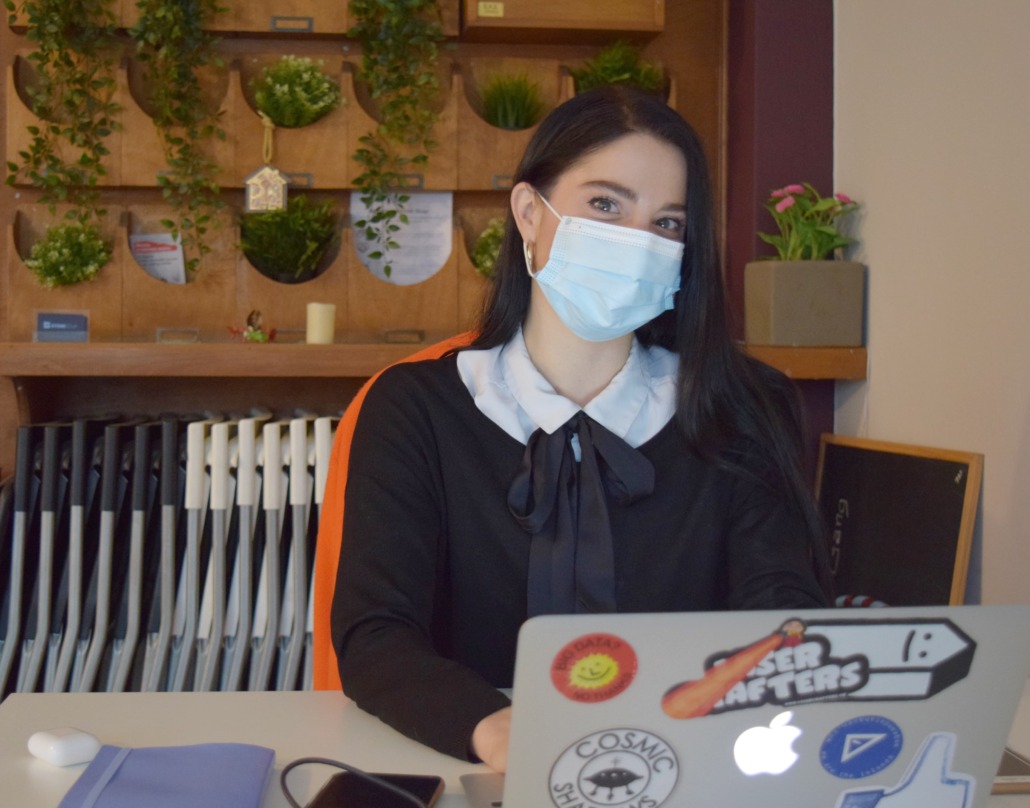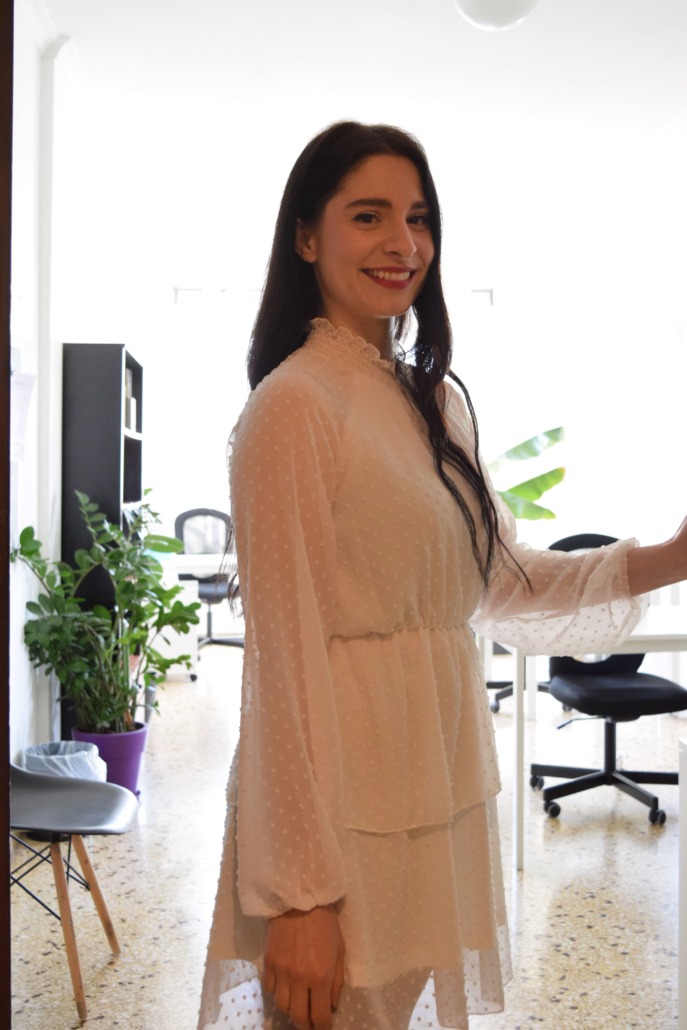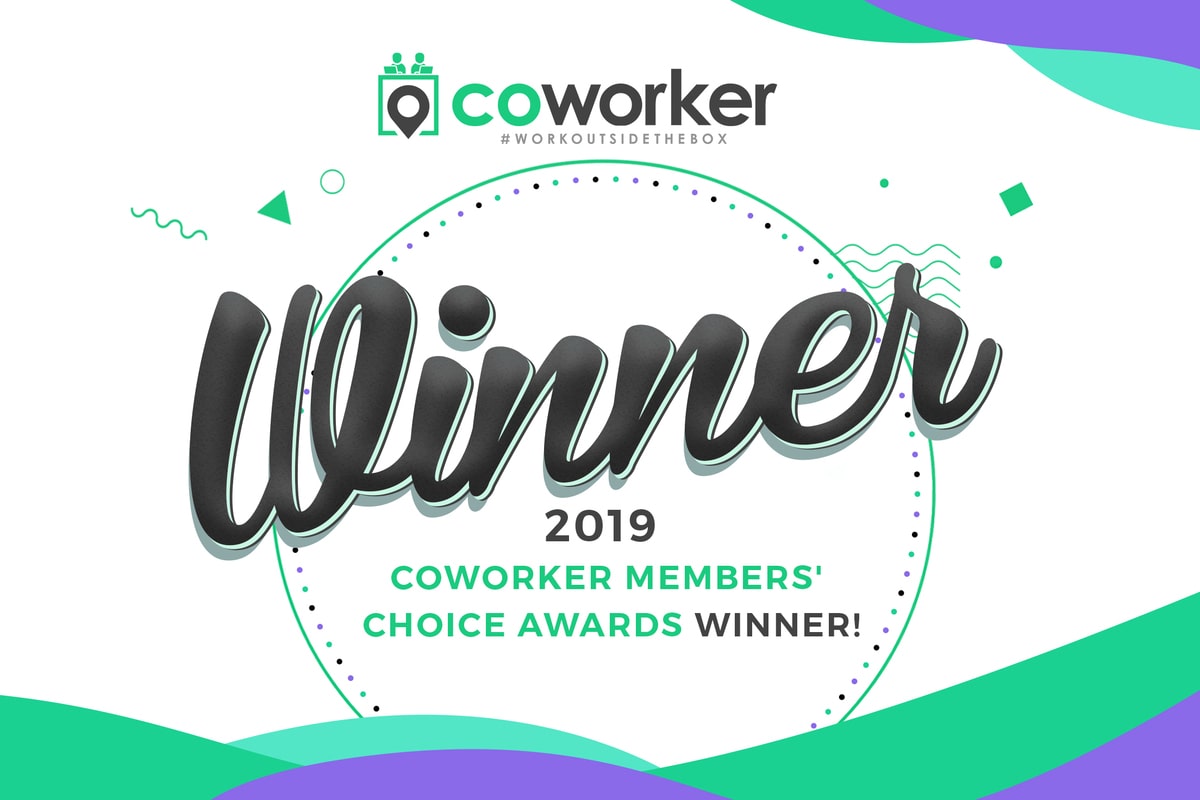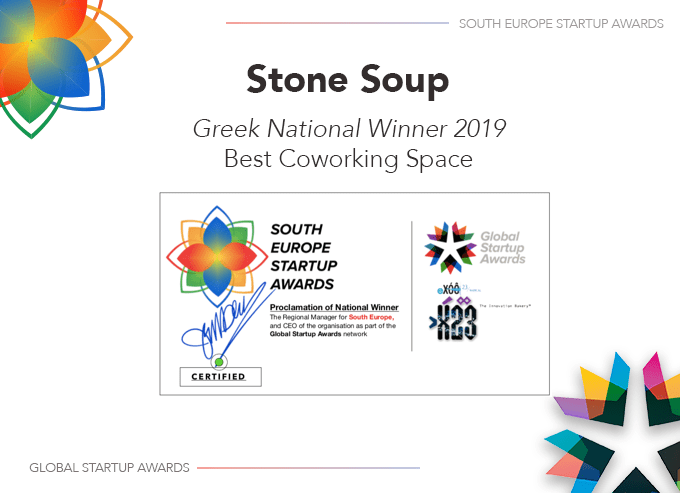#10 FAQs about coworking: A practical guide for Athens, Greece
“We have the talent. We just need to work together. Different environments need to overlap, connect, and interact in order to transform our culture. In order to create a sustainable community based on trust, we value”:
- collaboration over competition
- community over agendas
- participation over observation
- friendship over formality
- people over personalities
- value ecosystem over value chain
These are some lines straight out of the coworking manifesto published more than 10 years ago! Does coworking still sound relevant to you?
After two years into this world-changing pandemic, the answer is more than obvious. Remote working has become the norm while more and more professionals seek new ways of balancing work and life and living off their passions. Millennials and GenZers, who are always craving new experiences and travel around the globe, prefer working from different destinations instead of an unchangeable and set office. And one of those up-and-coming coworking pins on the map is the Greek capital, Athens!
We strongly believe in the idea of flexible workspaces and we love to see our community expanding, for that reason we thought it would be a great idea to present you with:
#10 FAQs about coworking in our beloved city of Athens!
1. What is coworking and who is a coworker?
Coworking is the new way of reaching your professional and personal goals! If you just need your laptop and good Wifi to work from anywhere, or if you just can’t stay in the same office (or city) on a long term basis then this is your ideal way of working! Coworking means working alongside together. Sharing a workspace with people who may possibly become your friends or fruitful networking contacts but are NOT necessarily your colleagues. Coworking means that it’s your choice to hang out with them today or focus entirely on your projects tomorrow by setting your limits. Coworking means neither one-way socialization nor professional solitude.
2. What is a coworking space?
A coworking space is a place where you can have all that! Essentially, it’s a shared workspace that offers flexible options for all professionals. The layout may vary but usually, it incorporates co-working areas, private offices, and common areas in its premises: Coworking areas include an arrangement of hotdesks for members to work from, private offices for those who want their own closed space, and common areas like kitchens, terraces, and lobbies where all of the above share a cup of coffee together! Common areas are essential for socializing and every coworking space has its own meeting point! Moreover, coworking spaces include meeting rooms and/or call rooms. This way members can hold business meetings and communicate with their clients and partners from all over the world!
3. What kind of coworking spaces are there in Athens and where are they located?
Athens has become a truly attractive destination for ex-pats, and at the same time, locals are seeking new working environments and are longing to socialize in the after-COVID19 era. That is why many different types of coworking spaces have sprung up as well! You may find everything in the Greek capital and there are online search engines specifically for this, like coworker.com. You may find coworking franchises, international hub brands, and independent Greek businesses like Stone Soup! These workspaces are scattered all over Athens, from Marousi in the North to Exarcheia, and all the way to Peiraeus next to the port.
4. Is the location of a coworking space important?
You can imagine that even if we live in a digital world, coworking spaces are still physical, so location is important! Make sure that you pick the one that suits your everyday urban explorations! If you fancy the northern suburbs of Athens and their classy restaurants, parks, and calm ambiance, look for coworking spaces in Kifisia or Marousi. If you prefer to follow the urban vibes and stay in touch with everything that goes around in the contemporary Athenian scene then the center of the city is a must-be. The center of Athens has plenty of coworking spaces so if you are looking for a taverna in Psyrri, a bar in Exarchia, or a gallery in Koukaki then there are many coworking spaces to pick from. And lastly, it’s the Greek Riviera in the south where there are a couple of options as well! If you are driving then parking is important! Coworking personnel will be happy to share with you the best cost-effective options around their area but they usually do not include parking fees in their membership options.
5. What are my membership options when I want to join a coworking space in Athens?
In almost all spaces you will find a wide range of memberships to match your needs. There are packages starting from a few hours and daily passes to monthly plans and long-term agreements! Each coworking space in Athens usually has its own policy, but flexibility is one of the most important attributes! How much would you stay in your ideal workspace? No need to answer right now! Feel free to try whatever suits you and your timetable and you can always upgrade or downgrade later. Don’t hesitate to ask the community manager on the spot for the most convenient solution.
6. What is a coworking desk?
A coworking desk is the main element of a coworking space: Ιn the coworking slang we call it either a “hot desk” or a “dedicated desk”. In the first case, there is a first come first served rule and coworkers pick a different desk each day depending on availability and on how early they arrive at the coworking space. In the second case, coworkers are assigned to a dedicated desk for exclusive use and it usually includes more office amenities, like a locker or other furniture, and you get all that with an upgraded membership.
7. What is a private office in a coworking space?
Except for the desks in the open areas of a coworking space, you may also find some closed areas that serve as private offices. If your project requires privacy, if you run a team or if you just prefer to work in solitude but you still want to have a cozy chat during lunch and coffee breaks then you should go for this option. Private office tenants usually have access to their offices 24/7 so they can drop by whenever they feel inspired to get back to work! It is also a great way to have your team gathered together in the same space without having to worry about long-term leases, commitments, and monthly utilities!
8. What is a meeting room?
Are you ready to have a creative brainstorming session with your team or partners? Is an important client coming and you are looking for a place to host your meeting? Do you have one of those long zoom calls and you want to feel comfortable in a professional setting? Those are reasons to book a meeting room! Some meeting room hours are usually included in a coworking membership or there might be an extra cost. If you are not a member and just want a meeting workspace for a day or more this can work for you too!
9. Can I find professional equipment that I can use in a coworking space?
Usually yes! It depends on what each space has to offer and what you need! Is it a monitor or a TV? An ethernet connection? A printer? Is it a 3D printer? Is it a copy machine or a scanner? Most workspaces offer monitors as a minimum since they are a must-have for a creative professional. These are either included in membership or you can rent them as an add-on at an extra cost. Advanced services like ethernet connection or phone lines are in most cases available on demand; their installation cost varies according to the agreement you have with each space. Never hesitate to ask for all those little things that will make you feel more comfortable and creative!
10. Can I bring my four-legged friend with me?
Most coworking spaces are inclusive of cats and dogs but they require a heads up before you decide to bring along your fluffy friend. Feel free to ask what a workspace’s policy is on that!
Do you have any more questions about coworking? Let us know!
Collaborative workspaces are here to stay and the new ways of working remotely that came up during the pandemic boosted their importance. Flexibility is awesome only if you are the one who’s choosing your desk and your community of coworkers! If you are in Athens, why don’t you check out the available coworking spaces and see which one will make your everyday life a little more extraordinary?

